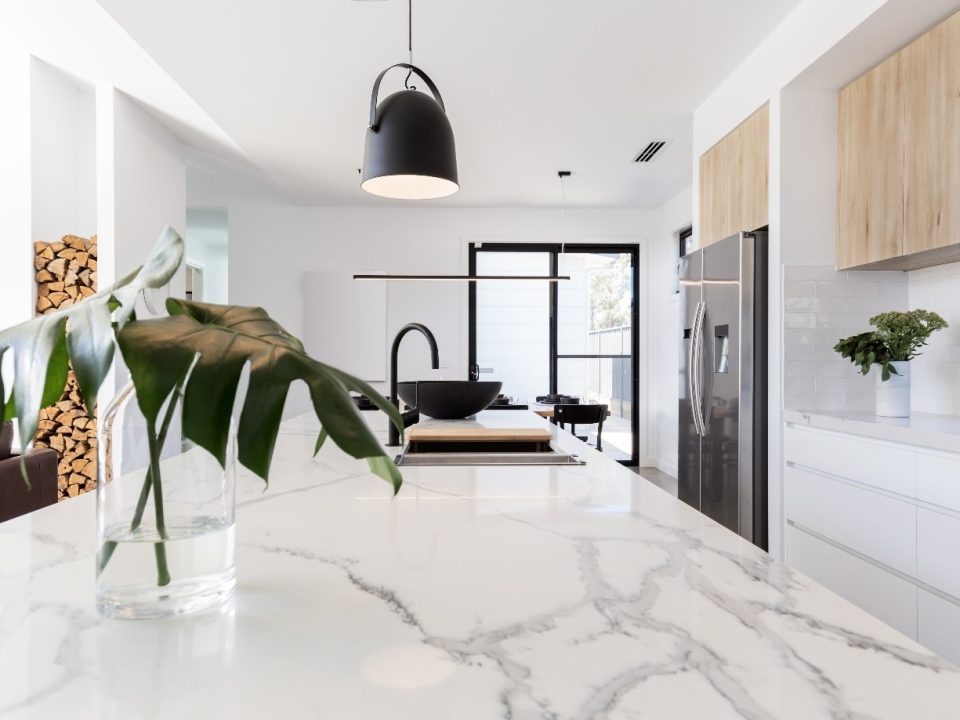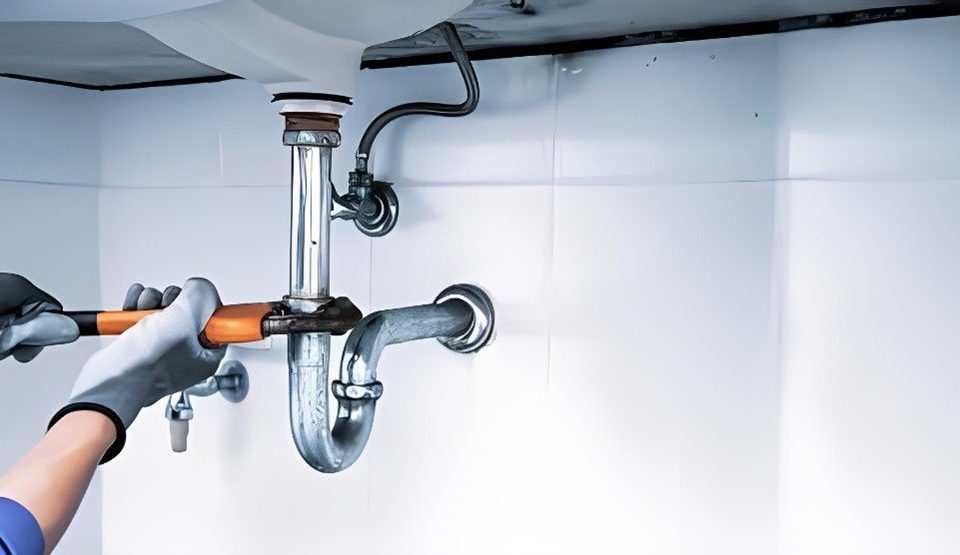8 Packing & Planning Tips For Home Renovations
April 18, 2022How to Handle a Water Damage Emergency in 8 Simple Steps
April 21, 2022When you think of flooding, what’s the first thing that comes to mind? Let’s say torrential downpours, hurricanes, and maybe a tsunami (hopefully not).
These natural disasters are the causes of home flooding. Furthermore, a recent study states that 15 million U.S. homes are at risk of flooding.
However, flooding doesn’t always happen because of outside influence. It can also occur due to problems in the house.
If you’ve ever dealt with a flood in the home, you can understand the pain of navigating the situation. For those of you lucky enough not to experience that phenomenon yet, nine factors can cause a home flood.
1. Broken Pipes
When you walk past a wall in your home and hear a dripping noise or flowing water, that’s never a good sign. It means you have a broken pipe on your hands, and it needs to get repaired ASAP.
Broken pipes can happen due to various reasons, such as:
- Freezing in colder conditions
- Clogs in your pipes
- Age—rusting can occur if not checked regularly
Home flooding is likely if you don’t repair those cracked or broken pipes. Don’t wait too long, or you’ll deal with significant water damage and a hefty repair bill from your plumber.
2. Faulty Appliances
Appliances like washing machines and dishwashers make life easier for everyone in your household. However, they can malfunction at any time, causing your home to flood in a heartbeat.
Sometimes it has to do with the appliance’s age or that it’s being overworked. Either way, keep an eye on your water lines as you continue to use the machines over time. By doing so, you’ll be able to avoid a plumbing emergency.
3. Clogged Gutters
Gutter cleaning is one of those tasks you shouldn’t put off too long. Understandably, you keep delaying it because gutters get filled with a lot of gunk from the outside.
However, continued neglect of your gutters will lead to clogging. When gutters get backed up, they can’t divert water away from your home like they’re supposed to.
As a result, water will seep into your home and cause flooding. Furthermore, the water may go unnoticed, creating mold and mildew growth in your home.
4. Incorrect Drainage
Your home’s drainage system makes sure that all water waste—showers, toilets, and sinks—gets diverted away from your home. However, improper installation can cause home flooding.
If you spot anything wrong with your drainage system, it’s best to repair your sewer line. However, if you don’t, everything will be backed up into your yard or that of your neighbors, which will be an even bigger headache.
5. Terrible Weather
Weather is one of the most common home flooding causes. As we mentioned above, torrential downpours can cause water to creep into your home, destroying everything.
If you live in an area prone to flooding, there’s not much you can do except having a great contingency plan. You can protect your family and limit flooding damage to your home.
6. Damaged Home Foundation
Your home’s foundation is essential for keeping most of nature’s forces at bay. There’s generally nothing to worry about when it’s resting on a solid foundation, even when the weather is terrible.
But when there’s damage to the foundation, water can get into your home and cause significant flooding. If you suspect that your home’s foundation is damaged, call a professional to assess the damage and repair it.
7. Melted Snow and Ice
Snow is a beautiful sight when it falls initially. It’s clean, and you can have a lot of fun with it.
But when it piles up, that’s where the problems begin. Sometimes you’re not aware of the amount of snow and ice on your home’s roof.
However, as temperatures get warmer, they start melting, and the water can get into your home. Try your best to clean the snow and ice before too much accumulates. But if the job is too big, you can always call a professional service.
8. Burst Water Tanks
Hot water tanks are something that probably doesn’t cross your mind often. However, they are a significant source of flooding in the home.
Any damage or crack in the water tank can send water rushing through your home. That’s why it’s essential to schedule an annual inspection to ensure your hot water tank is safe and working efficiently.
9. Forgetfulness
As humans, we tend to forget things all the time. It could be our lunch, putting gas in the car, and sometimes even turning the water off.
You could be running a hot bath and get a distracting phone call that causes water to overflow. Or, if you’re washing dishes, you might take a quick trip to the bathroom and be there longer than expected, causing slight flooding.
While it can be challenging to remember simple things, do your best to turn the water off when using certain fixtures. You don’t want to spend the day cleaning up water damage from a fundamental mistake.
These Are Common Reasons for a Flood in the Home
No one wants to have a flood in the home. It means large repair bills and the possibility of having to move entirely if the damage is too significant.
However, you’re now aware of factors linked to flooding in the home. Schedule appliance maintenance, clean your gutters and create a plan if you live in flooding hotspots. That way, you’ll be more than prepared for what comes next.
Hopefully, you’ve gained some insight on how to tackle this issue. Feel free to read our other blog posts for more home improvement content.








